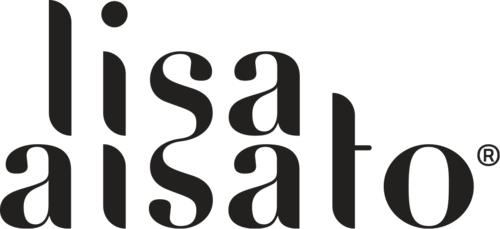Title: «Sweet Dreams»
Technique: Digital Graphic Artwork. Gouache on paper, digitally edited. Giclée quality print.
Paper: Hahnemühle William Turner 190 gsm cotton mould-made watercolour paper
Paper size: 40 x 41 cm (15.7” x 16.1”)
Image size: 36 x 36 cm (14.2” x 14.2”)
Edition: 300
Comes with Certificate of Authenticity.
This print is signed by, and produced as directed by, the artist Lisa Aisato. The artwork is printed in a limited edition as a giclée quality print of archival standard. The artist reserves the right to produce and sell posters and other non-archival standard representations of the same image.
We recommend getting the print framed by a professional frame maker.
Regrettably, as of now we cannot ship framed prints.
DGA (Digital Graphic Artwork): Lisa Aisato's images are made by mixing physical media and digital drawing. She usually starts on paper or canvas and at some point digitises the sketch in order to finish the image with her digital pen/pencil and drawing board. This means the «original» is a digital file and the prints are the only physical representation. This way of creating the actual image is often referred to as DGA - Digital Graphic Artwork.
Giclée (Giclée Fine Art Print) is a method of producing the actual print. A giclée print is a digital ink print of high quality that requires an advanced printer and a combination of lightfast ink and an acid-free paper of archival standard, as guaranteed by the manufacturer. The printing technique is used by photographers and by artists for producing DGA prints in limited edition.
Until 2019, Lisa labelled her limited edition prints as «Giclée». From 2019 all limited edition prints are labelled «DGA» since this is a more precise description of the way the actual image is made. Except from the changed labelling the prints are exactly the same.



